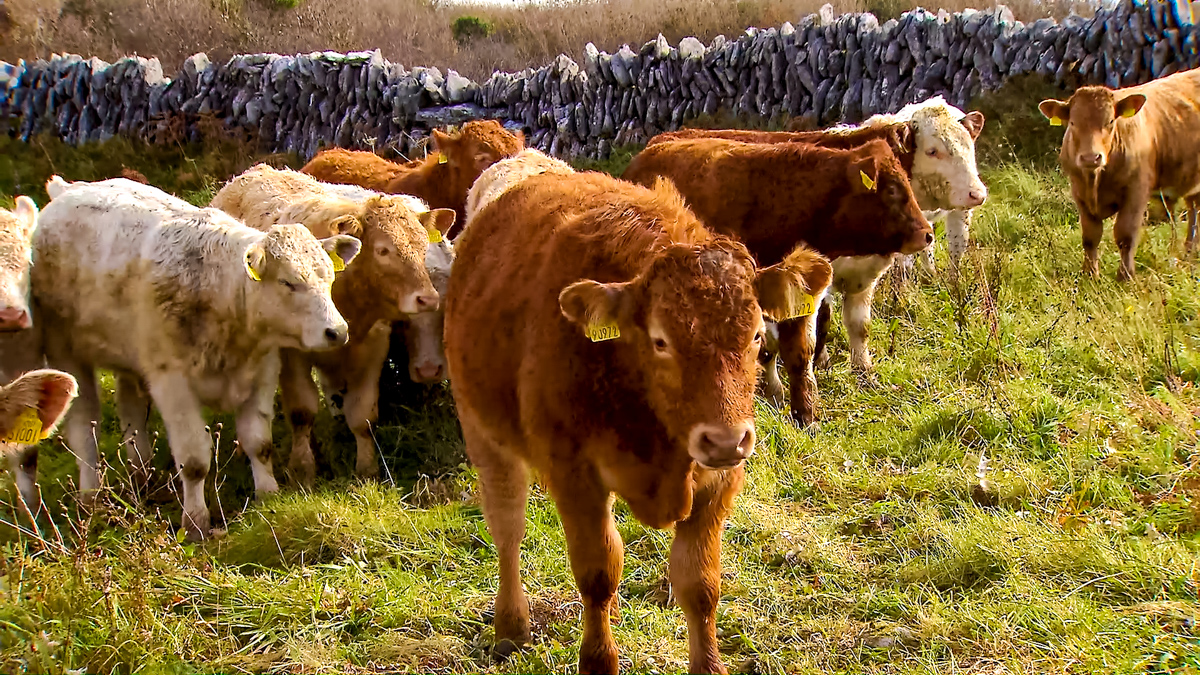The Irish Cattle and Sheep Farmers’ Association (ICSA) has outlined what it said is the need to rethink the EU vision for Irish agriculture in a meeting with Tánaiste, Leo Varadkar and Minister of State at the Department of Agriculture, Food and the Marine (DAFM), Martin Heydon.
President of ICSA, Dermot Kelleher said: “Recent years have seen Brussels led by grandiose visions while the economic and social impact on rural communities has been sidelined or brushed under the carpet.
“I emphasised the need to remember what Ireland’s vital national interests are.
“Tragically, this week we have seen the dangers of relegating security to a secondary consideration. We have seen that allowing the EU and the west to be so vulnerable on energy security is at least partly to blame for making Putin feel invincible.
“It is clear our focus must shift to food security, energy security, and the security of the EU in broad economic and social terms.”
EU vision
Kelleher stressed that ICSA is not against the EU Green Deal but added that a green deal without food security is a “disaster waiting to happen”.
“Equally, we are not against the EU Biodiversity Strategy – but we are very opposed to losing large amounts of land to designation, and undermining food production capabilities,” Kelleher said.
“Nor are we against the EU Farm to Fork strategy, but Ireland cannot stand back and allow our meat sectors to be sold out in favour of fake burgers which benefit Silicon Valley investors at the expense Irish primary producers.”
CAP and Irish agriculture
The association’s president said ICSA is in favour of renewable energy – but that Irish and EU farmers need to be supported in delivering more energy security in biogas, biofuel and solar.
Kelleher said he was there to represent the low-income suckler, beef, and sheep farmers who, combined, generated €2.5 billion worth of exports in 2021.
“This comprised beef exports to the value of €2.1 billion and exports of sheepmeat to the value of €420 million, the majority of which was produced by low-income suckler, beef, and sheep farmers in every parish of rural Ireland,” he said.
Kelleher told the Tánaiste and junior minister that ICSA is very disappointed with the national Common Agricultural Policy (CAP) Strategic Plan.
“There is actually a drop in support for the suckler cow and the support for the sheep sector is mediocre,” he explained.
“We want the government to prioritise additional supports for sucklers, sheep and beef in the next budget and to provide certainty over the next five years for these sectors.”
He said that while €256 million for organics is ambitious, questions remain around whether there is the strategy to build organic exports and deliver premium prices at meat factory level and at Bord Bia level.
“Meanwhile, most farmers will not be organic, but they have a vital role to play in the green agenda. To this end, a maximum payment of €7,000 for the agri-environment scheme for the majority of farmers is very poor,” Kelleher continued.
Climate measures
On the climate strategy, Kelleher said farmers are willing to do their bit but that expectations must be realistic.
“To reach an 18% reduction in agriculture emissions will be very challenging. To get to 30% in our view is totally impractical. An immediate priority must be to find a way of paying farmers for carbon credits, for the carbon they store.
“Equally, the government must not sit idly by when vested interests tarnish our quality livestock products on health or on climate grounds,” Kelleher added.
The ICSA said the government must demand that there is no reduction in EU promotion support for meat and has reaffirmed what is said is the need for the establishment of a strong, independent, and properly resourced beef regulator.
The association said that this would bring transparency to the food chain.
